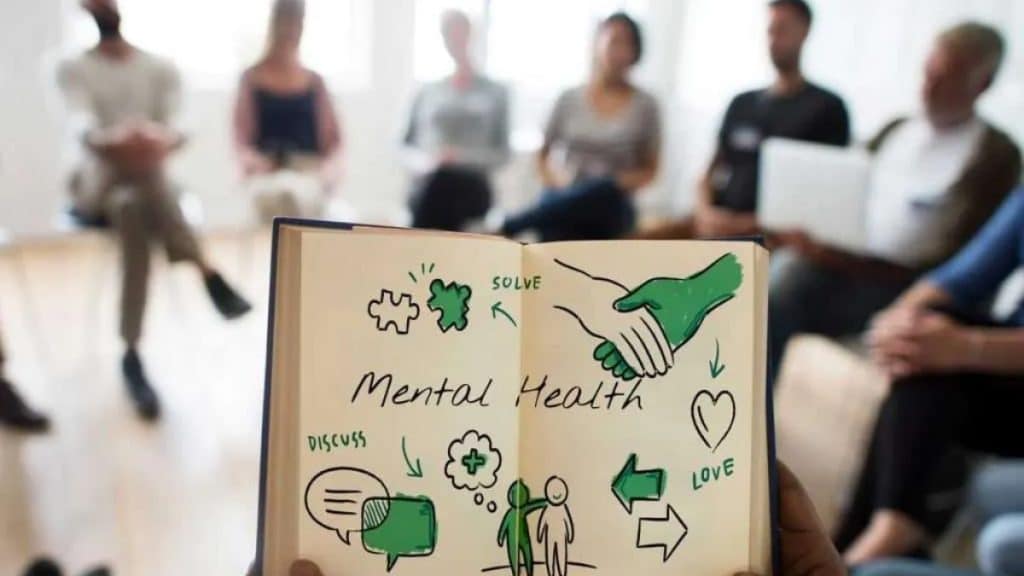For wounded veterans, mental health recovery extends beyond medical treatments, requiring a human-centered approach to healing. These interventions help recognize and respect individuals’ unique experiences, values, and growth potential. Human-centered interventions create pathways for veterans to reclaim a sense of purpose, resilience, and connection, ultimately enhancing their quality of life.
1. Transitional Career Training
Career training is pivotal to a wounded veteran’s recovery and reintegration into civilian life. It equips veterans with new skills crucial to their emotional and mental well-being and empowers them to regain control over their futures regarding financial needs, professional networks, and confidence.
Partnering with Veteran Non-Profit Organizations provides access to specialized career programs, such as Veteran Welding Training, that allow them to pursue fulfilling careers, regain financial independence, and achieve lasting life satisfaction. Such a program provides a sense of purpose, boosts self-esteem, and helps alleviate stress, offering emotional healing alongside practical benefits.
2. Family Support and Reintegration
Families caring for wounded veterans face unique challenges at home, such as financial, social, and emotional difficulties, particularly as veterans and caregivers adjust to new roles and responsibilities. That makes it crucial to provide practical interventions that strengthen family dynamics and create a supportive home environment.
Reliable non-profit veteran organizations registered to receive Corporate Donations for Veterans offer family retreats that provide much-needed temporary escape away from home, allowing families to reconnect and recharge.
Also, their caregiver respite programs relieve caregivers from daily pressures like childcare and household duties. Such services help prevent burnout among family members, foster emotional connections, encourage open communication, and strengthen family bonds. Ultimately, these efforts help create a sense of recognition and care while reducing stress and creating a healthier home environment for all involved.
3. Engaging in Recreational and Therapeutic Activities
Creative and entertaining engagements are pivotal in facilitating a veteran’s recovery. Such activities provide platforms and tasks that help veterans to unwind, relax, and rediscover passions outside their daily routines. For example, having fun with chess games can help with relaxation, teamwork, and cognitive stimulation. Similarly, engaging in painting allows veterans to express their creativity and feelings while helping them process trauma creatively.
Such engagements help wounded war heroes regain a sense of purpose, improve their mental well-being, and enhance their overall quality of life. However, if you feel your war hero requires additional mental health support, a reliable non-profit veteran organization can help you access mental care and valuable resources to ensure your veteran receives the support they deserve for a fulfilling life.
4. Enhancing Freedom of Mobility
The inability to move with independence is a disturbing scenario for many wounded war heroes, whether due to the loss of limbs, spinal cord injuries, or other physical impairments. Hence, providing means to facilitate the mobility of war heroes can be a game changer in their lifestyle. Such efforts could target supporting their movement around the home or more extensive activities like traveling to work or attending medical appointments. Such efforts can significantly enhance a veteran’s mental and emotional state.
Improving mobility for wounded veterans boosts their independence and confidence while reducing the risk of secondary injuries from falls or accidents. Access to adaptive devices, assistive transportation, or home modifications can significantly improve veterans’ quality of life.
Also, support from Veteran Service Organizations is crucial in helping veterans access resources like vehicle grants and assistive technologies, ensuring they have the tools they need to regain freedom of movement. These solutions allow veterans to reconnect with their communities, maintain their routines, and regain a sense of normalcy in their daily lives with dignity.
In conclusion, dedicated support programs are crucial in enhancing the lives of wounded veterans, addressing their personal challenges and family needs, and promoting physical and emotional well-being. However, partnering with a dedicated non-profit organization listed to receive Corporate Donations for Veterans is central to creating a holistic approach that empowers veterans to live independently and with dignity, fostering a fulfilling and resilient way of life.


